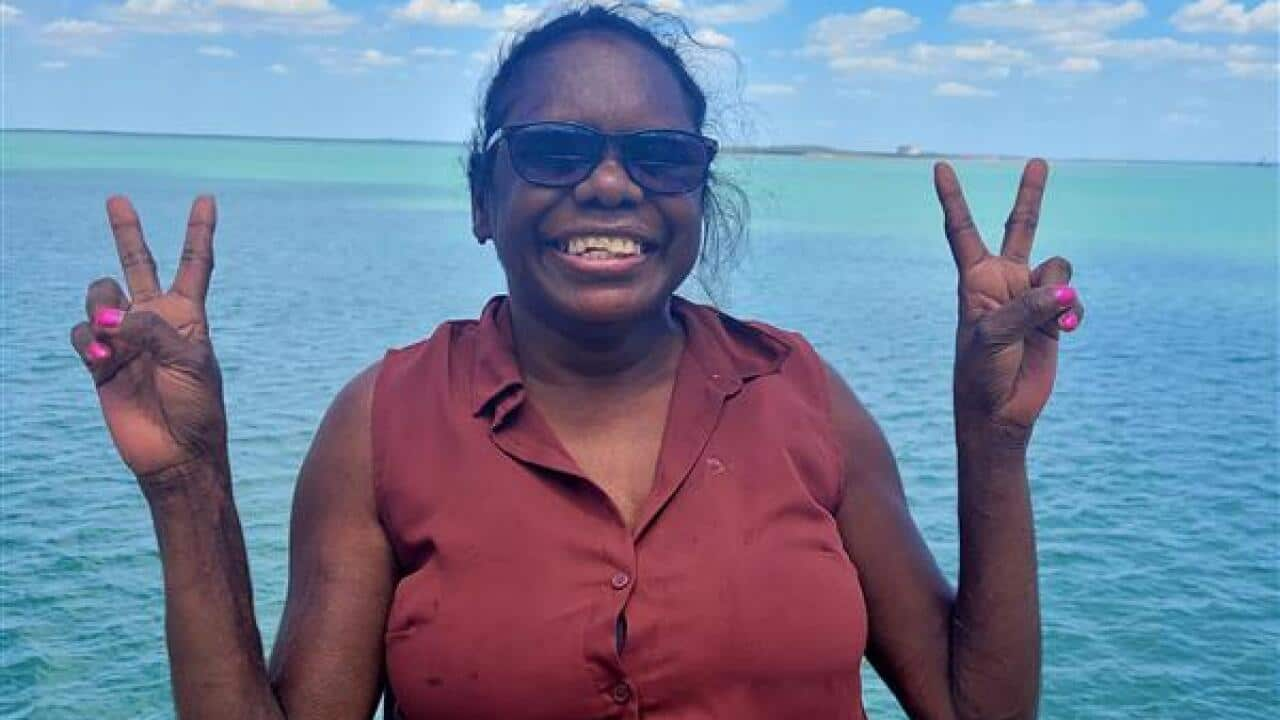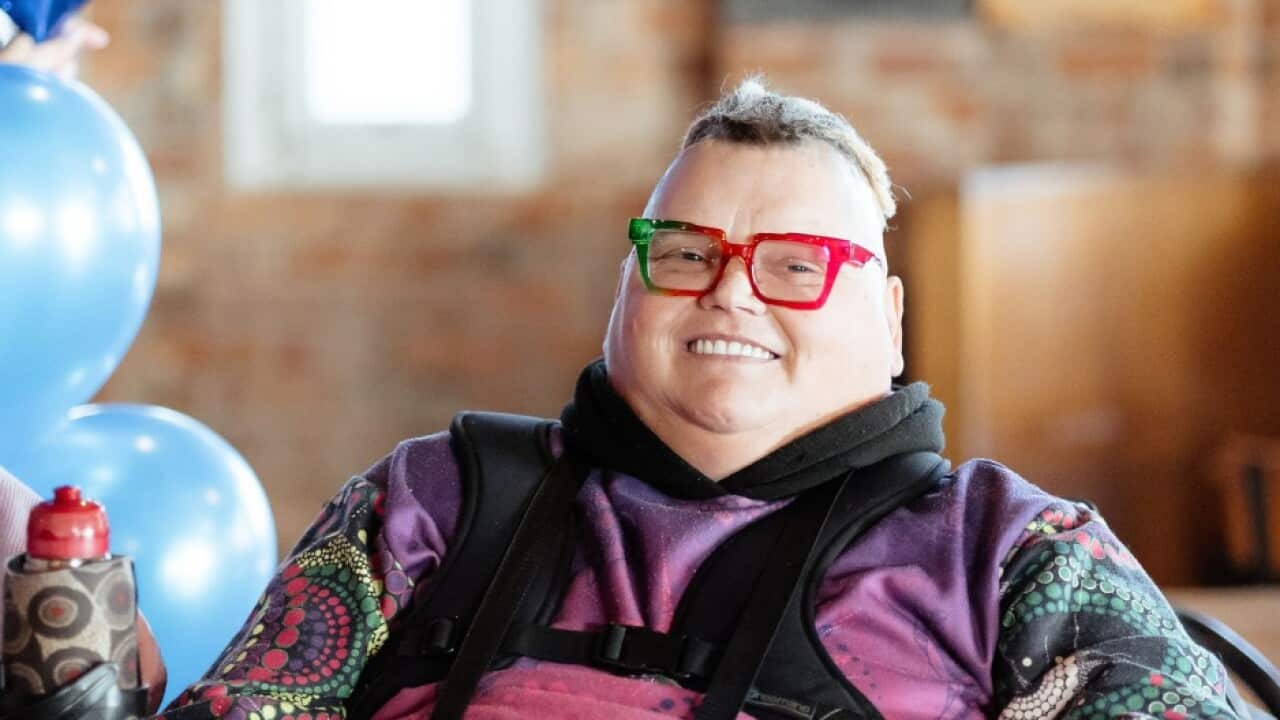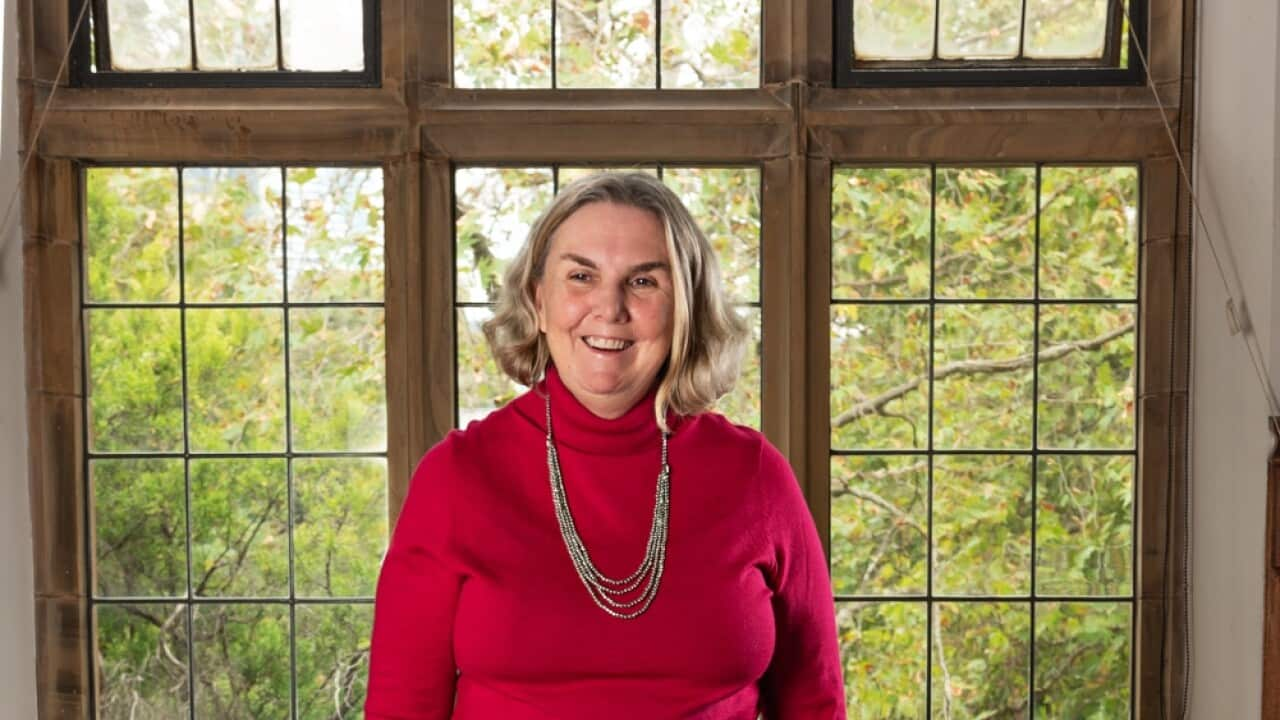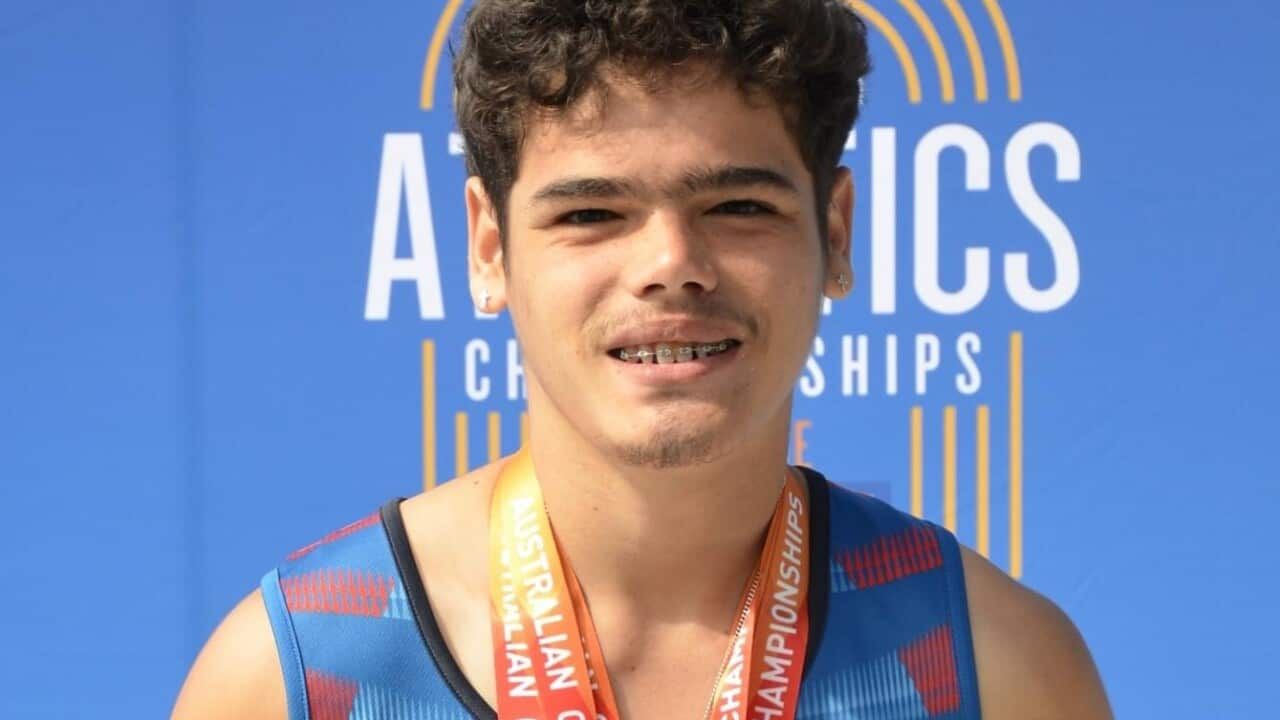Paulette Bumarda grew up in her home Country of Gunbalanya with her extended family of sisters, brothers and children. Family and Country is central to Pauline's identity.
My dad's from Gunbalanya, my mum's from Gunbalanya, my sister, my cousin. All my family's from Gunbalanya.Paulette Bumarda
Paulette was diagnosed with Machado- Joseph Disease, a rare degenerative condition that requires care assistance for daily tasks. Due to Paulette’s declining mobility and increasing needs in support and care, she made the decision to leave her hometown of Gunbalanya .
It was a difficult decision to make, but was made in conversation with family and with the understanding that the support available in Darwin was necessary.
Now, Paulette lives in Specialist Disability Accommodation in Darwin, where she has a team of support workers who assist Paulette in her day-to-day activities, like bathing, as well as cooking.
While Paulette discusses the advantages of having support, she always looks forward to returning to her home in Gunbalanya where many of her family members still live. Paulette visits regularly, and with members of her family now passed, she deeply values the time she can spend with her children and family on Country.
In the future I'm going back to Gunbalanya to visit my son and my daughter... .. I will be back. I hope so.
The Speak My Language (Disability) program is an initiative funded by the Commonwealth Government under the Information, Linkages and Capacity Building (ILC) Framework. It is proudly led by ECCNSW and the primary national Partners are ECCV, ECCQ, MCCSA, MCNT, MCOT, ECCWA, and our national broadcasting Partners SBS.
Podcast Tile Artwork: Paul Constable Calcott





